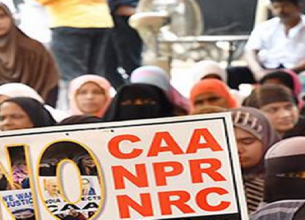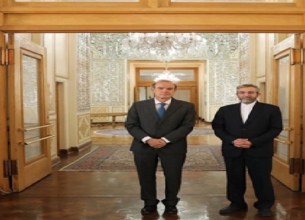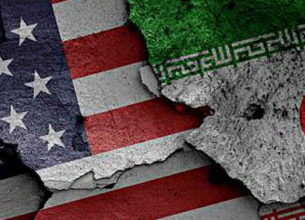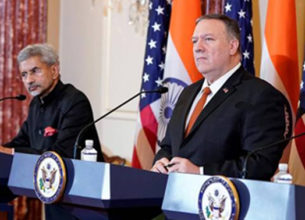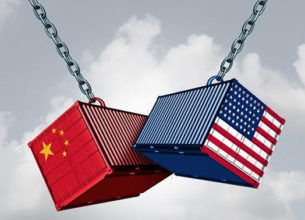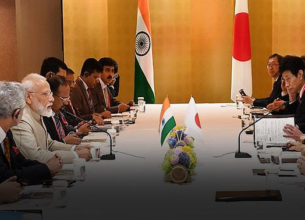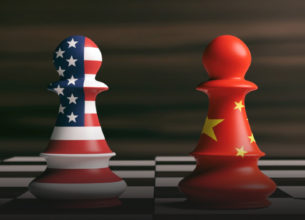Loud and clear: on India-U.S. discord on market access
10, May 2019

Prelims level : INTERNATIONAL
Mains level : Governance, Constitution, Polity, Social Justice and International relations GS2Q
Why in news
- New Delhi must snap out of its denial on the discord with the U.S. on market access
Details:
- U.S. Commerce Secretary Wilbur Ross lashed out at what he called India’s unfair trade practices and “overly restrictive market access barriers”. His comments followed a series of measures by the U.S. that have affected India.
- These include a refusal to revoke or waive tariff increases made last year on steel and aluminium, an ultimatum that India “zero out” oil imports from Iran even without securing comparable alternatives, and the decision to withdraw India’s GSP (Generalised System of Preferences) trade status.
- India is a “tariff king”, and threatened India with “consequences” if it responded to U.S. tariffs with counter-tariffs,
- New Delhi and Washington need to make a more determined attempt to sort out issues, starting from scratch if required, with tariffs.
- While the 50-60% duties on motorcycles and cars and 150% duties on American liquor that India imposes need a second look, the U.S. must see that average tariffs imposed by India (13.8%) are not much higher than those levied by economies such as South Korea and Brazil.
- In addition, the government will need to revisit some of its decisions like data localisation requirements and new e-commerce regulations, which were declared suddenly, while the U.S. must show some flexibility on India’s price caps on coronary stents and other medical devices
- The U.S. must understand the cultural differences over the labelling of non-vegetarian dairy products
- New Delhi will have to work closely with other countries to build alternative financial structures to avoid U.S. sanctions.
Why the United States matters to India?
- America remains the critical stabilizing force in Asia through its military and diplomatic power projection and commitments to the region
- India will be better able to protect its national interests in Pakistan and Afghanistan in coordination with the United States.
- The United States has also remained one of the top sources of foreign direct investment in India, bringing important managerial expertise, capital, and technology with it to the dynamic Indian market.




